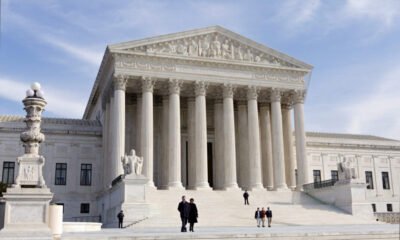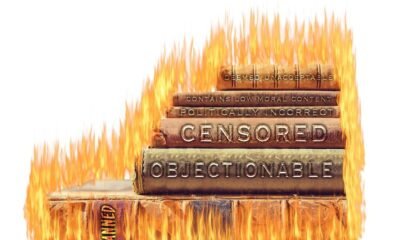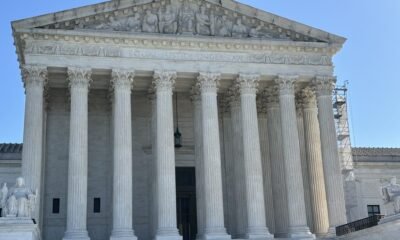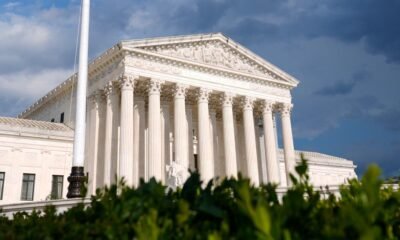Business
Federal Court Decides: Government Illegally Denied GCU’s Nonprofit Status
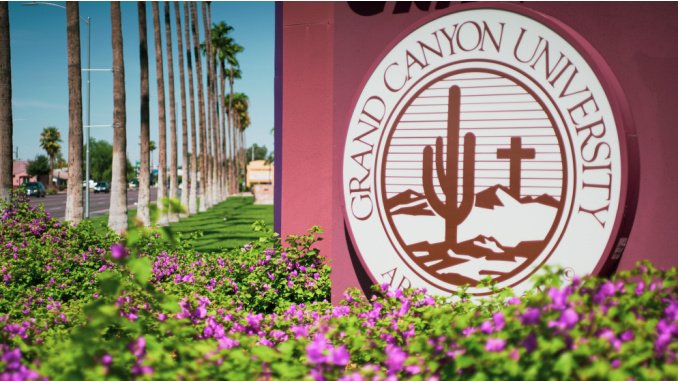
By Staff Reporter |
A recent ruling from the Ninth Circuit Court of Appeals has determined that the federal government unlawfully denied Grand Canyon University’s (GCU) nonprofit status. This verdict is a pivotal moment in the ongoing conflict between GCU and the U.S. Department of Education (ED).
In the case of Grand Canyon University v. Miguel Cardona, the appellate court reversed a prior decision by District Court Judge Susan Bolton, which had favored the ED. Circuit Judge Daniel Collins ordered the ED to reevaluate GCU’s application for nonprofit status. While the ED had previously found GCU’s organizing documents met IRS requirements, it rejected the application based on operational criteria, arguing that GCU’s primary activities and revenue did not benefit the university itself. Judge Collins disagreed with this assessment.
Collins stated that the ED had applied incorrect legal standards, overstepping the requirements set forth in the Higher Education Act (HEA). Rather than adhering to HEA regulations, which only require the determination of whether an institution is owned and operated by a nonprofit corporation, the ED imposed additional IRS regulations. “The Department invoked the wrong legal standards by relying on IRS regulations that impose requirements that go well beyond the HEA’s requirements,” Collins ruled.
At the heart of the matter is the inurement requirement, which allows nonprofits to engage in transactions with for-profit entities at fair market value. GCU’s struggle dates back to 2019 when the ED denied the IRS designation granted to the university. Although GCU has historically operated as a nonprofit, it briefly transitioned to for-profit status in the early 2000s during financial turmoil.
Following GCU’s lawsuit against the ED in 2021, the department initiated a coordinated investigation alongside the Federal Trade Commission and the Department of Veterans Affairs, alleging unfair or deceptive practices. Subsequently, the ED imposed a $38 million penalty on GCU.
GCU has argued that the ED’s actions are influenced by ideological biases due to its Christian affiliation. Bob Romantic, GCU’s executive director of communications, expressed optimism about the ruling’s implications for the university. “Nonprofit status best allows the university to accomplish its goals around research, grant writing, and development,” he stated. Romantic views the court’s decision as a much-needed correction, hoping it leads to the quick re-establishment of GCU’s nonprofit status.
This legal battle unfolds amid broader conversations about education policy, with President-elect Donald Trump promising to reform the Department of Education, advocating for local control over educational resources. His comments highlight a growing sentiment regarding the effectiveness of federal oversight in education.




